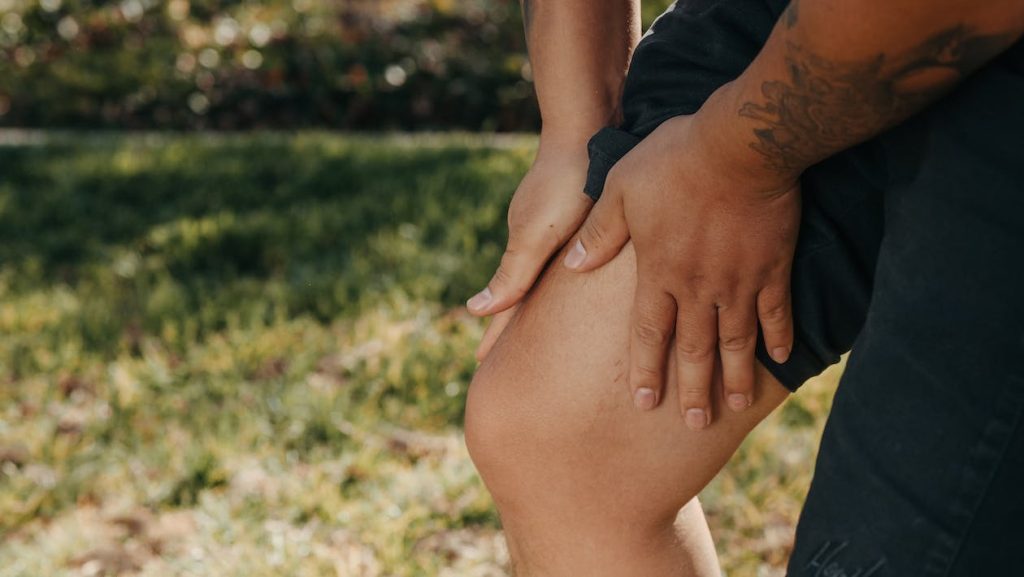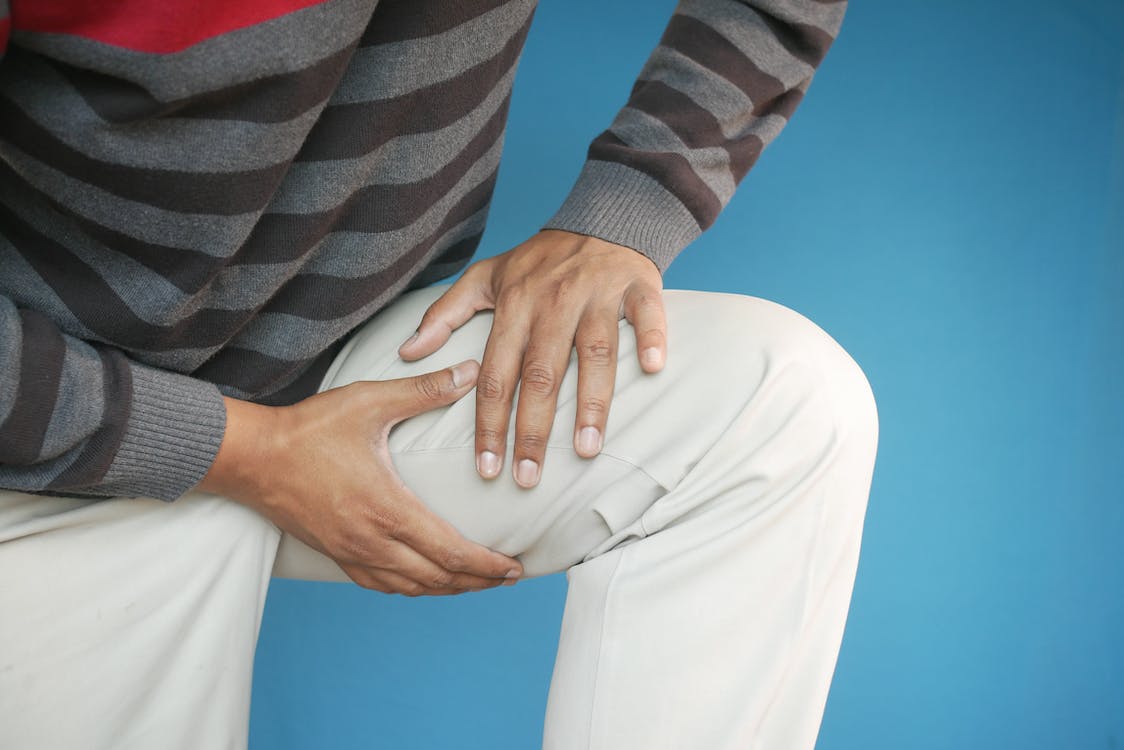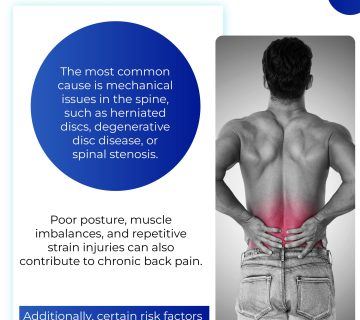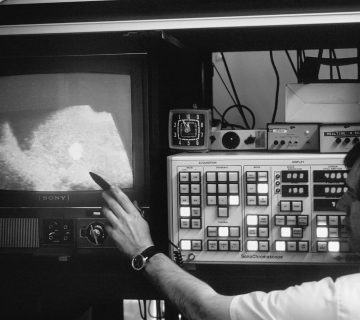Varicose veins are a common problem affecting millions of people worldwide. These veins are swollen and twisted and can cause pain, swelling, and discomfort. You might be wondering about the treatment options if you have varicose veins.
Read more: Varicose Vein Treatment: Understanding Your OptionsIn this blog, our vascular specialists will review some of the most common varicose vein treatments and help you understand your options to make an informed decision.
What Causes Varicose Veins?
Before we dive into the treatment options, it’s important to understand what causes varicose veins. Varicose veins happen when the veins in your legs can no longer properly circulate blood back to your heart. This can happen for various reasons, including age, genetics, pregnancy, and a sedentary lifestyle.
Conservative Treatments for Varicose Veins
Several conservative treatments can help relieve the symptoms of varicose veins. These treatments are usually recommended for mild cases of varicose veins and can include the following:
- Compression Stockings: These stockings apply extra pressure to the legs and help improve blood circulation. They are a great option for people with mild varicose veins and can help relieve swelling, pain, and discomfort.
- Elevation: Elevating your legs can help reduce swelling and improve blood flow. Try lying down or sitting with your legs elevated for 15-20 minutes a few times a day.
- Exercise: Regular exercise can help improve blood circulation and reduce the symptoms of varicose veins. Walking, swimming, and cycling are all great options.
Surgical Treatments for Varicose Veins
If your varicose veins are more severe, you might need surgical treatment. These treatments are typically done under local or general anesthesia and include:
- Endovenous Laser Treatment (EVLT): This minimally invasive procedure uses laser energy to close off the affected vein. This causes blood to redirect to other veins, and eventually, the affected vein is reabsorbed by the body.
- Sclerotherapy: This therapy is a procedure for injecting a solution into the affected vein. This solution causes the vein to close and eventually be reabsorbed by the body.
- Vein Stripping: This is a surgical procedure for removing the affected vein. This procedure is typically done for more severe varicose veins and is usually performed in a hospital setting.
Making an Informed Decision
It’s important to understand that each person’s case of varicose veins is unique, and the treatment options will vary based on the severity of the condition. Your vascular specialist can provide the best recommendations based on your specific case.

If you’re struggling with varicose veins, it’s time for you to consult vascular specialists at RJIR Vascular & Oncology. We offer a patient-friendly approach to understanding your specific needs and work on treatment options customized for you.
In addition to varicose veins, we also offer treatment for leg cramps, knee pain, enlarged prostate, uterine fibroids, and more.
Reach out to us to learn more about our services.




No comment